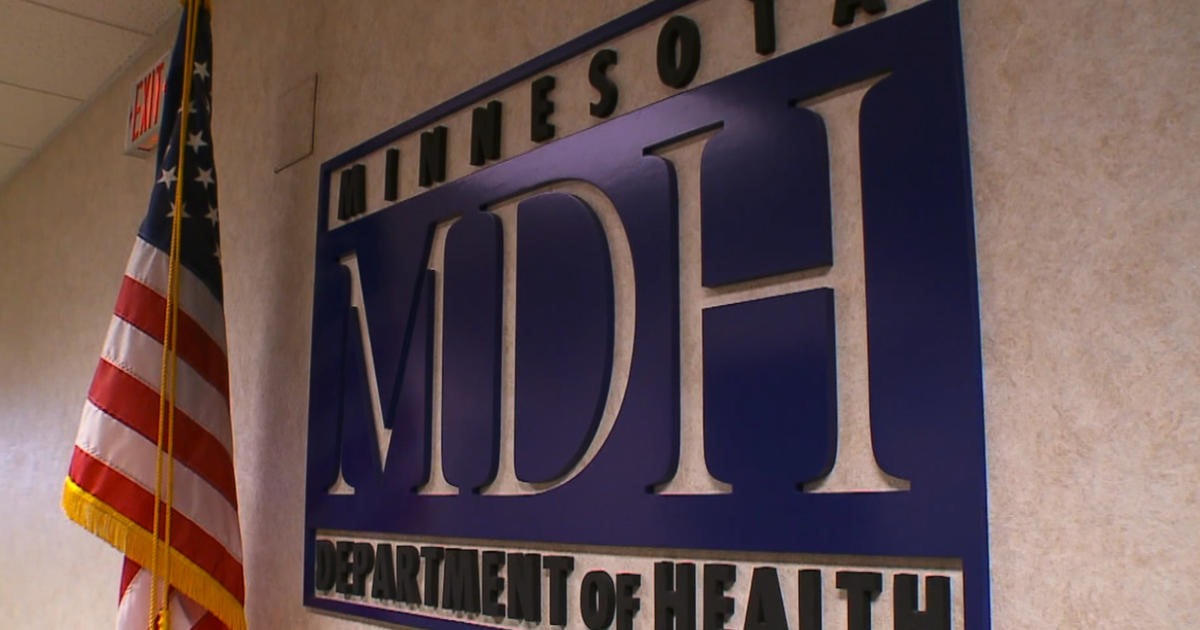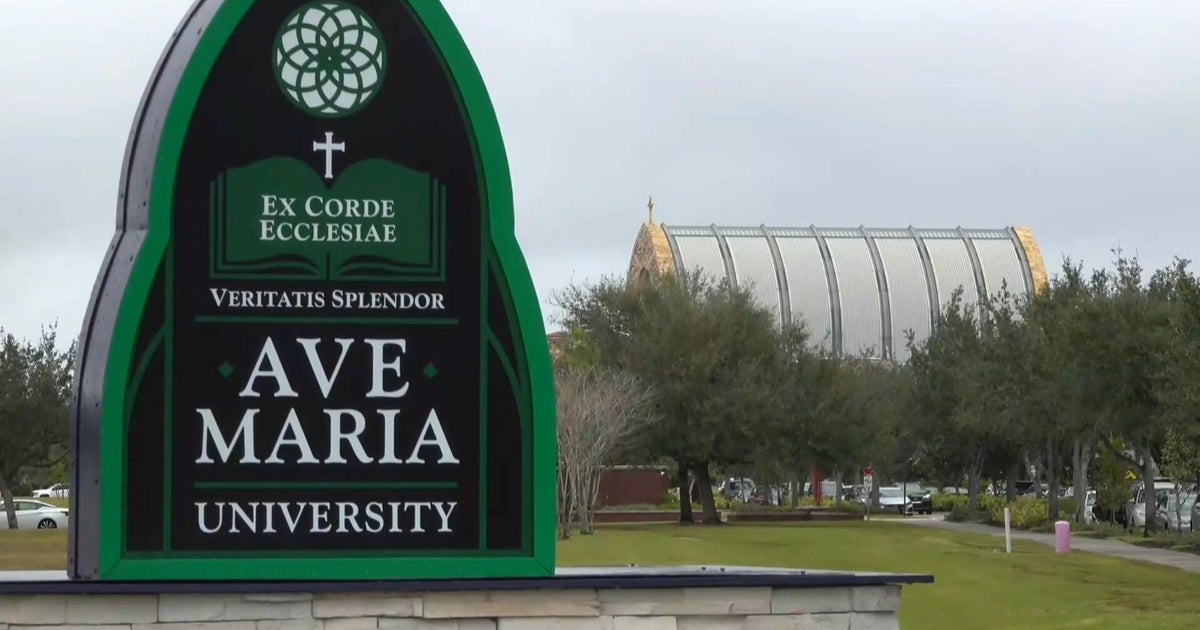CDC extends COVID-19 ban on most evictions through July 31
The Centers for Disease Control and Prevention announced Thursday it was extending the agency's COVID-19 ban on most evictions through the end of July and said would be the "final extension of the moratorium."
The move comes after activists and lawmakers pleaded with the Biden administration to extend the measure, even as the U.S. has been marking the lowest levels of COVID-19 cases and deaths since the beginning of the pandemic.
"The COVID-19 pandemic has presented a historic threat to the nation's public health. Keeping people in their homes and out of crowded or congregate settings — like homeless shelters — by preventing evictions is a key step in helping to stop the spread of COVID-19," the CDC said in a brief statement announcing the extension.
The White House also announced Thursday several measures "to stabilize homeowners and support a return to a more stable housing market," including extending the foreclosure moratorium for federally-backed mortgages through the end of July and stepping up "extensive earned and paid media campaigns" to promote eviction protections and rent relief.
A letter penned by the National Low Income Housing Coalition had warned some 6 million renter households would be at risk of being ejected from their homes at the end of June, if the ban was not extended.
More than 40 lawmakers also sent a letter this week urging the president and CDC to "extend and strengthen" the measure, warning that "millions of renters are still struggling" to access federal rent relief passed by Congress last year.
Though the federal government had finished doling out $25 billion to state and local governments to help residents cover unpaid rent back in February, a flood of backlogged applications and complicated administrative requirements stalled efforts by local programs to deploy much of their funding.
The CDC's moratorium merely postpones eviction for Americans behind on their rental bills. Delinquent tenants could be ejected from their homes once the measure lapses in July, if they are unable to strike an agreement with their landlords or pay off their past-due rent.
California Governor Gavin Newsom has already said the state will pay off all the past-due rent accumulated by struggling residents because of the fallout from the coronavirus pandemic, a promise to make landlords whole, while giving renters a clean slate.
Courts and landlords in some states have also already openly flouted the measure in some cases, prompting warnings from regulators and the Justice Department.
While federal health officials have recently touted the nation's vaccination effort for curbing the spread of the virus around the country, the lagging pace of shots and the looming threat of the faster-spreading Delta variant of the virus has also sparked worry of "regional spikes and outbreaks."
And while fully vaccinated Americans in most places have been free to ditch their face masks for weeks, the CDC still urges all people in homeless shelters and other types of close congregate settings "regardless of vaccination status" to continue wearing masks and social distancing.
Asked about calls to extend the looming deadline for the moratorium in recent days, White House officials deferred comment to the CDC, saying the decision would be made "based on public health conditions."
"It was always intended to be temporary. And the president remains focused on ensuring that Americans who are struggling, through no fault of their own, have an off-ramp once it ends," White House press secretary Jen Psaki told reporters on Wednesday.
Most of the statewide measures to curb evictions issued by states have already lapsed or are due to expire in the coming weeks, according to a tally by Princeton University's Eviction Lab.
The extension comes as landlords have accelerated efforts in federal courts around the country to challenge the moratorium, including in a case before the Supreme Court.
"Nine months of overreach is enough. If the moratorium remains 'necessary' now - when vaccines have reduced COVID-19 cases and deaths to levels not seen since the pandemic's onset — it is unclear when the 'need' for the moratorium will ever cease," attorneys for the Alabama Association of Realtors argued in a filing before the nation's highest court earlier this month.



